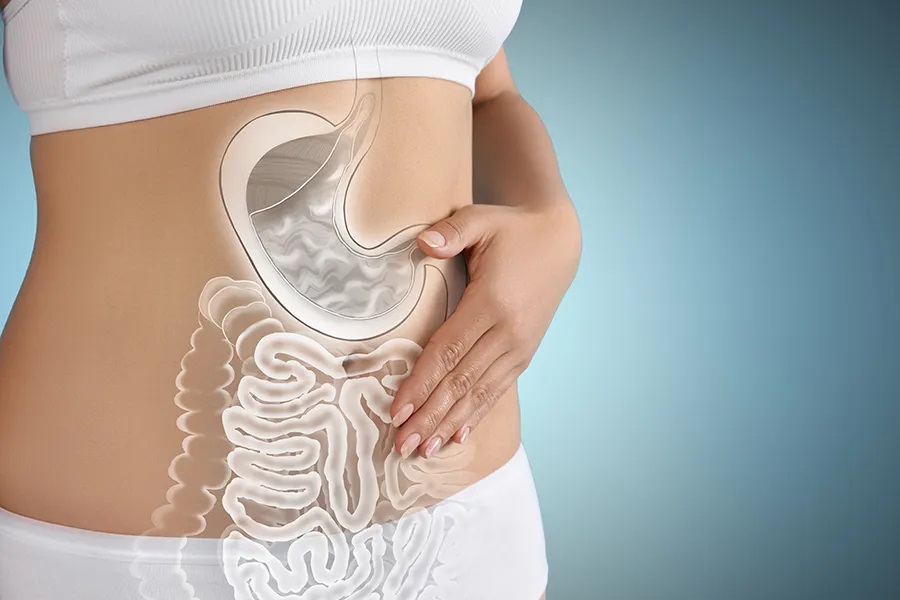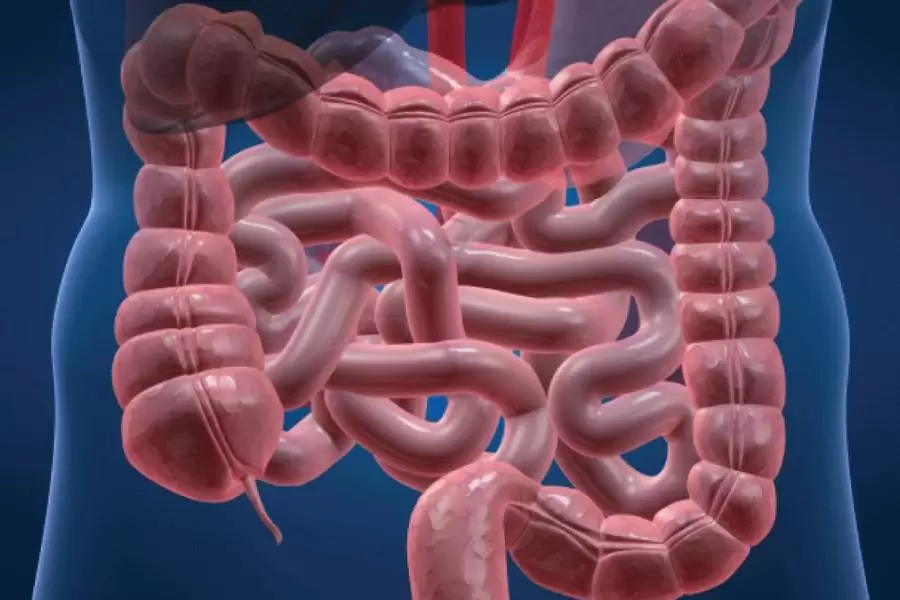Spotting mucus in your poop can be concerning, but it’s not necessarily a sign of trouble. Mucus is a jelly-like substance that lines and protects various parts of your body, including your digestive tract. It acts as a lubricant, helping stool pass smoothly through your intestines.
While small amounts of mucus in your stool are normal, there are instances where it could indicate an underlying health condition. Understanding the causes and knowing when to seek medical advice can help you stay proactive about your gut health.

Why Is There Mucus in Your Stool?
The presence of mucus in stool can be completely normal. Your intestines naturally produce mucus to maintain the lining of the colon and keep things moving. However, when mucus is noticeable or accompanied by other symptoms, it’s worth paying closer attention.
Here are some common reasons for mucus in your poop:
1. Normal Gut Function
Small, unnoticeable amounts of mucus are a sign that your digestive system is functioning as expected. The mucus helps move waste through your intestines and keeps the lining of your colon protected.
2. Food Sensitivities
Certain foods that irritate your gut lining can lead to an increase in mucus production. For example, people with lactose intolerance may notice mucus in their stool after consuming dairy. Similarly, other food intolerances or allergies could trigger this response.
3. Digestive Disorders
Conditions such as irritable bowel syndrome (IBS) or inflammatory bowel disease (IBD) can cause mucus in your stool. While IBS often leads to increased mucus production without inflammation or damage, IBD conditions like Crohn’s disease and ulcerative colitis may also involve symptoms like abdominal pain, diarrhea, and blood in the stool.
4. Gut Infections
Bacterial, viral, or parasitic infections can irritate your digestive system and result in mucus-filled stool. Common culprits include gastrointestinal infections caused by bacteria like Salmonella or E. coli. These infections are often accompanied by diarrhea, fever, and cramping.
5. Hemorrhoids
Hemorrhoids or anal fissures can also cause mucus production. This is especially true when there is irritation or inflammation around the anal area.
When Should You Be Concerned?
While small amounts of mucus in stool are usually nothing to lose sleep over, there are instances when it might be a sign of a bigger problem.
You should consider consulting a doctor if you notice any of these accompanying symptoms:
- Blood in Stool: Blood combined with mucus could indicate a serious condition like IBD, diverticulitis, or even colorectal cancer.
- Persistent Diarrhea or Constipation: Ongoing changes to your bowel habits, especially if they are accompanied by mucus, warrant professional attention.
- Abdominal Pain: Chronic pain, bloating, or cramping in addition to mucus could point to inflammation or infection.
- Severe Weight Loss: Unexplained weight loss connected with digestive issues is a red flag for conditions like IBD or cancer.
Prompt medical advice is key to ruling out or diagnosing underlying issues.
Conclusion
Seeing mucus in your stool doesn’t always mean there’s a problem. Often, it’s just part of a healthy digestive process. However, if it’s excessive, persistent, or paired with other concerning symptoms, it’s important to investigate further. By keeping an eye on your gut health and seeking medical advice when necessary, you can maintain a well-functioning digestive system and peace of mind. Listen to your body, and don’t overlook the signs it’s giving you.




